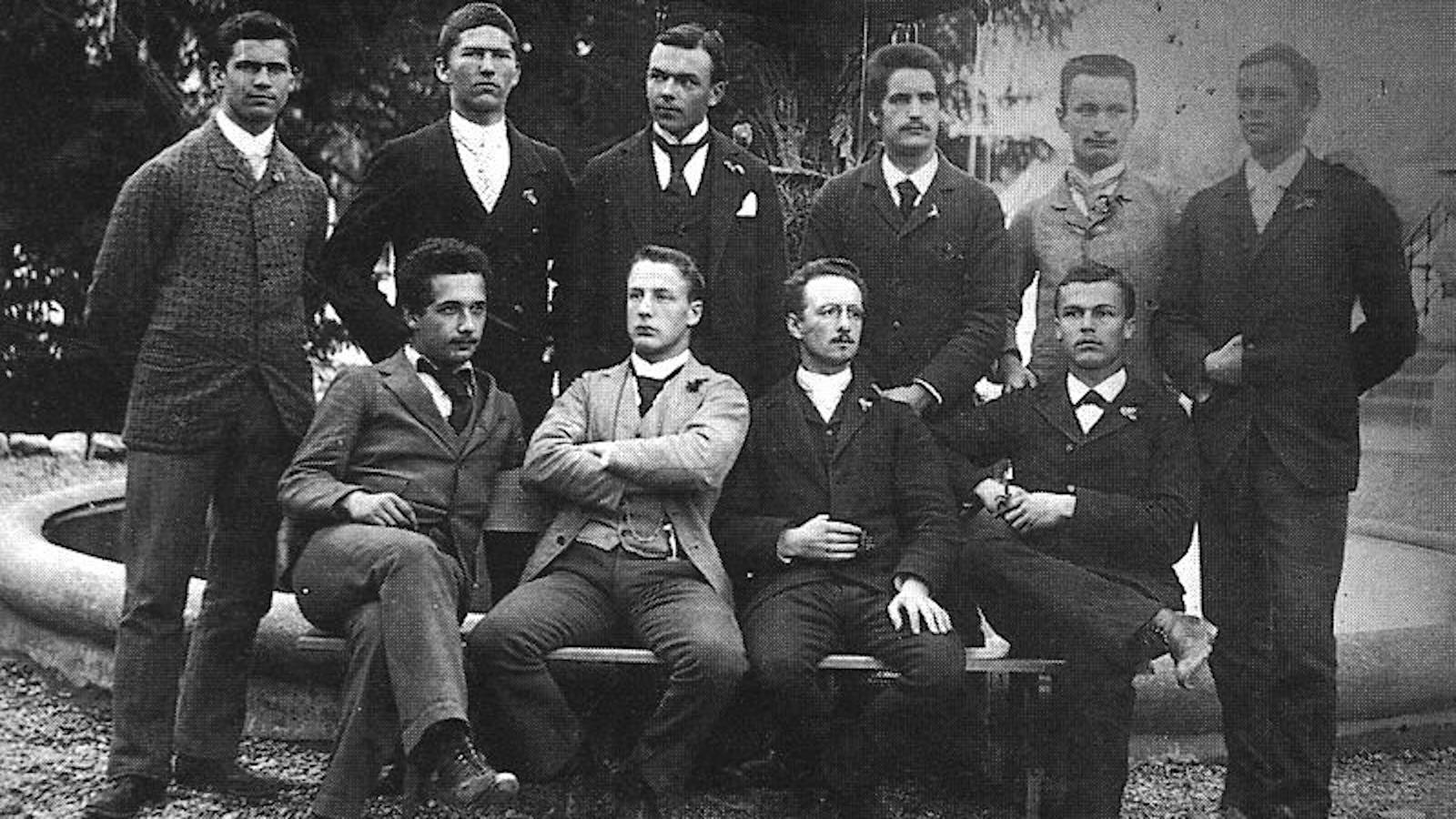UC Berkeley study finds link between inequality and racism

(Chip Somodevilla/Getty Images)
- A new study finds a relationship between income inequality and racist attitudes.
- The effect is small, and doesn’t exist for every kind of racial bias.
- The data won’t be the last word on the subject, but it could give insights into how to remedy long standing issues.
The idea that income inequality and racism are related is a common one. Marxists claim racism is a tool used by capitalistic oppressors to keep the working class divided, and President Johnson kind of agreed with them. Many sociologists see them both as elements of social hierarchies that work together to legitimize themselves.
While the theory around this idea is extensive, the experimental data is lacking. After all, we could test it just by looking at statistics, so where is the evidence?
How income inequality is connected to racism
In hopes of providing an answer to that question, Paul Conner of UC Berkeley and others carried out a study comparing the GINI coefficient of states, a statistic that measures income inequality, with measures of explicit and implicit racial bias of their residents.
Explicit bias was measured by asking people how much they agreed with statements such as “I strongly prefer European Americans to African Americans.” Implicit biases were measured using Harvard’s Implicit Association Test, which measures how long it takes a person to categorize different faces with positive or negative words. It is presumed that faster responses reveal attitudes that people might try to hide when they take longer to answer. State by state Google searches for phrases including the N-word were also analyzed.
A clear, though limited, connection was found between statewide income inequality and explicit bias, but not between inequality and the implicit test. Google search histories were also unrelated to income inequality.
So, what does this mean?
The more unequal the incomes in a state are, the more likely an individual from that state is to express racial bias. The effect is small, though the authors point out it may be enough to push somebody over the edge from being inclined towards racism to expressing prejudiced opinions.
While the authors suggest that the effect is so small that reducing income inequality is unlikely to have much of an impact on already declining rates of explicit racial bias, they do still think the results are politically meaningful:
“…in light of the social importance of the outcome in question and the ability of statistically small effects to be cumulatively meaningful in large enough numbers, we believe that increases in explicit racism compared to the counterfactual should be considered a legitimate potential negative consequence of increased inequality.”
Of course, there are caveats that the authors acknowledge. The effect did not exist when looking to the measure of implicit racism they used or the Google search histories. In a few cases, when different measures of inequality were used, the relationship between inequality and racism became statistically insignificant. They also warn that the effect was too limited to either confirm or deny the sociological theories mentioned above:
“The most important caveat is probably that these effects were small. Our data suggests that there may be a relationship between inequality and explicit racial bias, but it definitely does not suggest that inequality is a primary cause of racial bias, or that racial bias is a primary effect of income inequality.”
Other interpretations of the data could be made, such as that people who live in areas with lower income inequality are merely pressured into not expressing racist tendencies they have by a culture that values equality. However, this interpretation of the data has its problems and inconsistencies that led the authors to support the conclusion mentioned above.
In any case, the fact remains that this study demonstrated a small relationship between income inequality and racial bias exists. While the overall influence of economics on racism might be limited, it might be enough to push someone towards the darkness of hatred all the same.
While this study doesn’t claim to have any answers to these enduring problems, it does give us an insight into ending a curse the United States has dealt with for hundreds of years.





